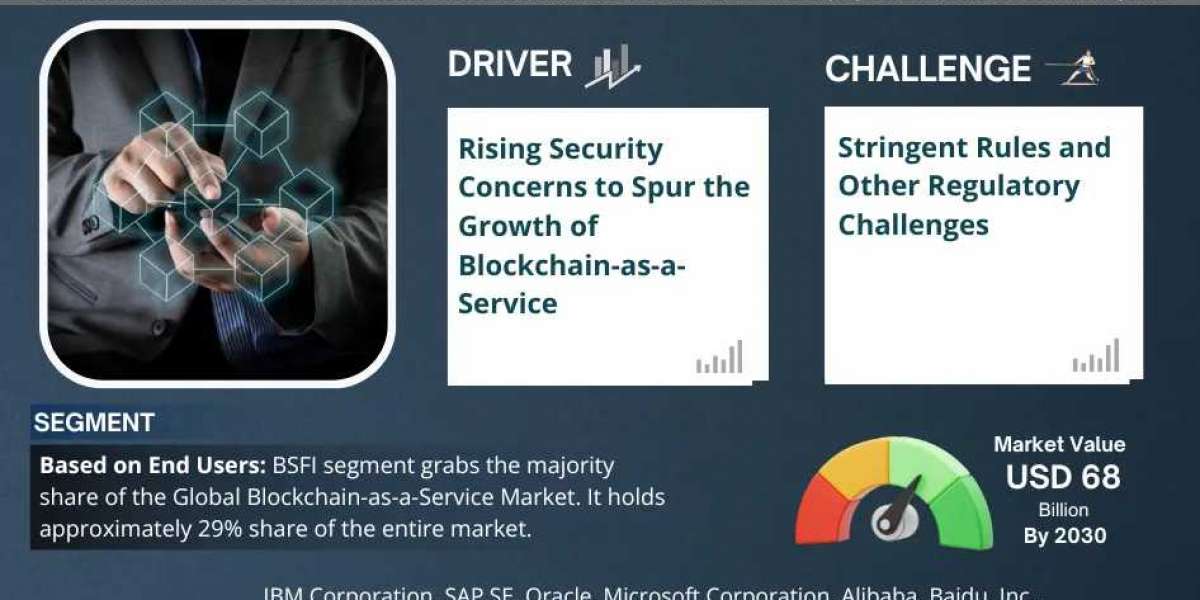Over my 12+ years in HR and compliance consulting, I’ve witnessed firsthand how quickly a simple payroll error can spiral into something much larger—penalties, legal notices, or even reputational damage. I remember working with a mid-sized IT firm in Gurugram that unknowingly missed a state-level ESI contribution update. What followed was a months-long back-and-forth with authorities, eventually costing them lakhs in fines and damaging employee trust. That incident taught me a valuable lesson: payroll compliance isn't a checkbox—it’s the backbone of risk-free HR operations.
Today, as compliance becomes more complex and dynamic, Payroll Compliance Services are no longer a luxury—they’re essential. Whether you’re an HR executive managing a startup or handling statutory filings for a PAN-India enterprise, these services are designed to remove the guesswork, ensure error-free execution, and help you sleep better at night.
Understanding the Legal Weight of Payroll
Payroll in India is governed by an intricate web of laws—PF, ESI, PT, LWF, Income Tax, and more. Missing even one statutory deadline can result in serious penalties. I’ve consulted for companies where a missed ECR upload caused unnecessary scrutiny from EPFO authorities. These slip-ups don’t just affect the organization—they reflect on HR’s credibility. As professionals, we must accept that manual handling isn't sustainable anymore.
Why HR Professionals Must Prioritize Compliance
Let me be honest: earlier in my career, I was skeptical about outsourcing payroll. I believed that with enough vigilance and Excel formulas, we could handle it internally. But as our company scaled and state-specific laws began changing frequently, things started slipping through the cracks.
That’s when we made the shift to professional Payroll Compliance Services, and the difference was night and day.
No more late-night file submissions
Automated registers and reports
Real-time compliance dashboards
These services didn't just reduce errors—they freed up my team to focus on what really matters: people.
The Hidden Costs of In-House Management
There’s an unspoken stress among HR teams handling payroll manually—what if something’s missed? What if a government inspection happens tomorrow?
A client of mine once told me, “We didn’t know we were non-compliant until it was too late.” That conversation stuck with me. In-house teams, even with the best intentions, can’t be expected to master legal updates, tax rules, audits, and inspections alone.
That’s where external payroll compliance partners add real value:
Multi-state support and uniform reporting
Zero delays in returns, filings, and deductions
Audit-ready documentation at all times
Selecting the Right Compliance Partner
Through trial and error, I’ve developed a checklist for evaluating payroll compliance providers. Make sure your vendor offers:
Full-state coverage (especially for remote teams)
Expertise in labour law audits and inspections
On-call advisory for HR and legal queries
Scalable tech platforms with secure document storage
At the end of the day, you're not just buying a service—you’re investing in your own peace of mind.
Future-Proofing HR Strategy
One thing I tell every HR manager I train: stop viewing payroll as an operational task. Start seeing it as a legal shield and employee trust-builder. When payroll runs without friction—on time, compliant, and transparent—employee satisfaction soars and organizational credibility strengthens.
By embracing expert services, we can shift our energy from back-end processes to front-line impact—talent development, engagement, and leadership.
Conclusion
Having been on both sides—struggling with in-house limitations and then discovering the value of professional support—I can say with confidence that Payroll Compliance Services are your safety net in today’s high-stakes HR world. If you’re serious about compliance, risk management, and building an HR function that supports growth, it's time to consider a reliable partner like Digiliance.
Don’t wait for a compliance scare to act. Make payroll your strategic advantage today.
Frequently Asked Questions (FAQs)
1. What are Payroll Compliance Services?
Payroll Compliance Services ensure that your organization adheres to all legal, statutory, and tax-related requirements while processing employee salaries. This includes managing PF, ESI, PT, income tax deductions, gratuity, bonus, and timely filings with government bodies.
2. Why should HR professionals consider outsourcing payroll compliance?
Outsourcing ensures accuracy, reduces manual errors, keeps you updated with legal changes, and protects your business from penalties. It also frees up HR teams to focus on strategic tasks like talent development, employee engagement, and organizational growth.
3. Can small or mid-sized businesses benefit from Payroll Compliance Services?
Absolutely. In fact, SMBs often face the highest risks due to limited HR bandwidth and changing legal requirements. Payroll compliance services help them maintain audit-ready records without investing in a full-time compliance team.
4. What risks do companies face if they don’t comply with payroll laws?
Non-compliance can result in penalties, legal notices, loss of credibility, employee dissatisfaction, and sometimes even criminal proceedings. A single error in statutory deduction or delay in submission can trigger investigations or fines.
5. Are Payroll Compliance Services only for large organizations?
Not at all. Companies of all sizes—from startups to large enterprises—need to comply with labour laws. These services are scalable and adaptable based on your employee count, locations, and business sector.
6. How do I choose the right Payroll Compliance Service provider?
Look for a provider with a proven track record, PAN-India legal support, audit-readiness, data security, and scalable solutions. They should also offer advisory support for labour inspections and policy updates.
7. Will outsourcing payroll affect data security?
Trusted payroll service providers use encrypted systems and secure servers for handling sensitive employee data. Always ensure your partner is compliant with IT security standards and signs a confidentiality agreement.
8. How often do payroll laws and rules change in India?
Payroll-related laws are frequently updated at both central and state levels. Keeping track manually is difficult for HR teams, making professional services vital for staying compliant in real time.






